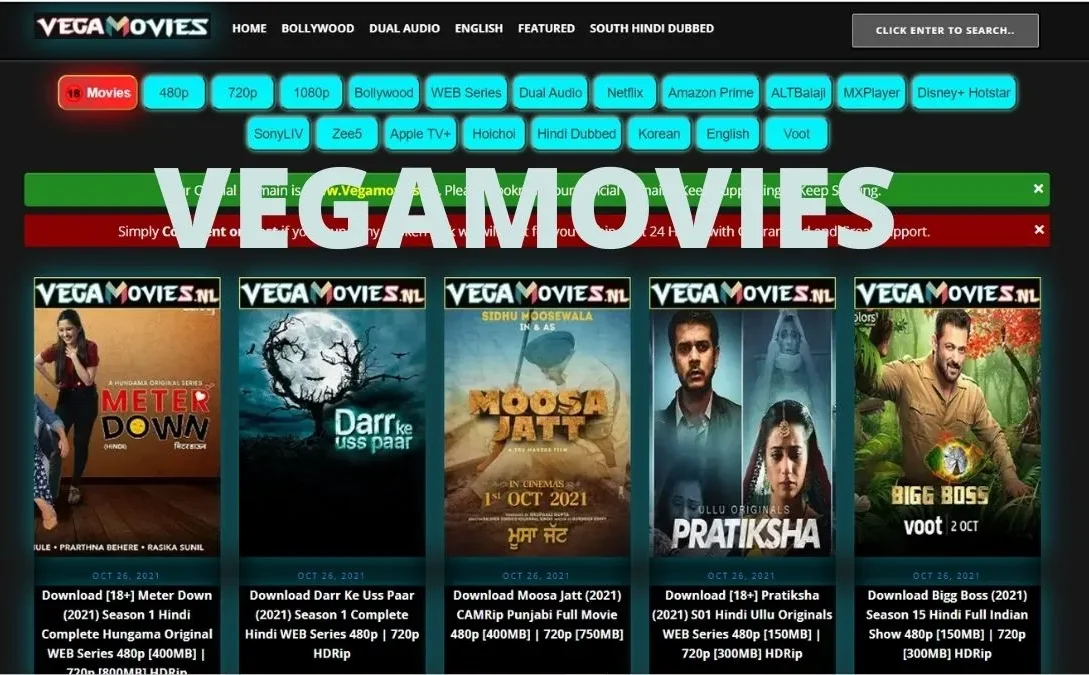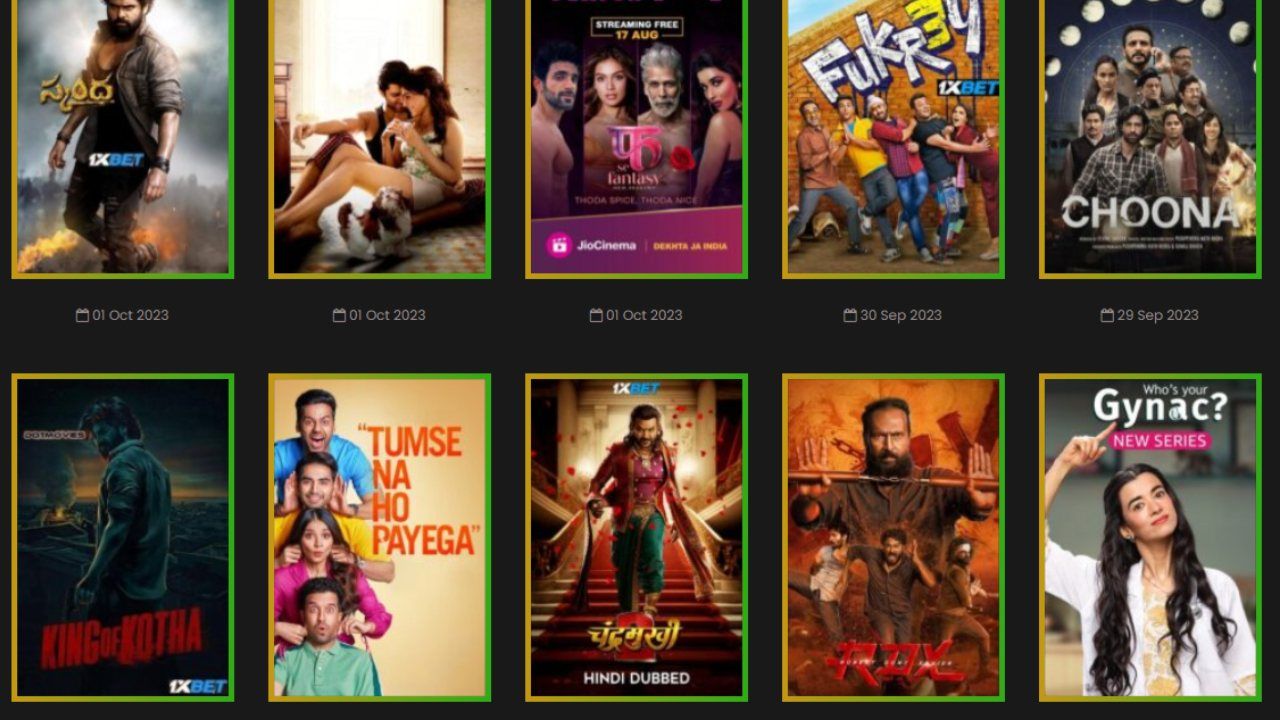Accessing Movies & Shows: VPN Solutions When Results Fail
Is online privacy truly within our grasp, or is it a fleeting illusion in the digital age? The constant barrage of data collection, surveillance, and content restrictions has created a climate where safeguarding personal information feels increasingly difficult, making the need for robust privacy solutions, like Virtual Private Networks (VPNs), more critical than ever.
The frustration is palpable. Search engines fail, delivering the blunt message: "We did not find results for:". This digital dead end, a common experience, leaves users feeling stymied, their queries lost in the vastness of the internet. The instruction to "Check spelling or type a new query" offers little solace, as the real issue often lies not in typographical errors, but in the limitations imposed by geographical restrictions, censorship, and the ever-watchful eyes of data trackers. When faced with this recurring obstacle, the automated message "Please refresh to try again" only adds to the user's mounting irritation, highlighting the persistent challenges of navigating the online world.
The internet, once envisioned as a space of boundless freedom, has become increasingly fragmented. Access to information, entertainment, and even news can be curtailed by government policies, corporate interests, or technological limitations. This is where tools like VPNs step in, offering a way to reclaim control and experience the internet as it was intended. A VPN, functioning as a secure tunnel for your internet traffic, effectively masks your IP address and encrypts your data, making it incredibly difficult for third parties to track your online activity. But to comprehend the complete impact, one must understand how VPNs operate and their importance.
The digital landscape is a complex tapestry woven with threads of security, privacy, and access. Each element is crucial for a fulfilling online experience. One significant challenge is the prevalence of geo-restrictions. Media streaming services, news platforms, and various online resources often limit access based on a user's geographical location. This means that content available in one country may be blocked in another, leaving users feeling excluded and frustrated. This barrier is addressed with the aid of VPNs.
Consider the hypothetical scenario of a user attempting to access a streaming service known for its extensive library of international films. The service, adhering to licensing agreements and regional distribution rights, restricts content viewing to specific countries. Without a VPN, this user would be denied access to the desired films. However, by connecting to a VPN server located in a country where the content is available, the user's IP address is masked and their connection is routed through the VPN server. This effectively convinces the streaming service that the user is accessing the content from an authorized location, bypassing the geo-restriction. As a result, the user can access the desired films.
The rise of content restrictions and censorship is a constant concern for internet users worldwide. Authoritarian regimes and governments practicing internet censorship frequently employ sophisticated techniques to block access to information they deem undesirable. These restrictions can include blocking social media platforms, news websites, and other online resources that promote free speech or challenge the official narrative. In certain circumstances, this can affect the flow of information, leaving people unable to stay informed about critical local or global events.
Moreover, the widespread use of data tracking and surveillance technologies poses a significant threat to online privacy. Online advertisers, social media companies, and other entities collect vast amounts of data on users' browsing habits, search queries, and online activities. This data is then used to create detailed profiles of users, which can be used for targeted advertising, manipulation, or even surveillance. This collection of personal data can compromise an individual's privacy. Every time a user visits a website, the IP address, browser type, operating system, and other information is recorded. All of these details can potentially reveal a users identity and location.
So how does one respond? This is where the capabilities of a VPN come into play. By encrypting internet traffic and masking the user's IP address, a VPN helps to shield against the prying eyes of data trackers, advertisers, and government surveillance agencies. This can be achieved by connecting to a VPN server in a different location. This can protect users from targeted advertising campaigns and even provide a layer of security against hacking attempts.
However, the efficacy of a VPN extends beyond these core functions. A VPN can also be used to bypass content restrictions and access geo-restricted content. For instance, VPNs allow access to streaming services, online games, and other content that may be limited based on location. By connecting to a VPN server in a different country, users can effectively "trick" the service into believing they are located elsewhere. With this, the user has the freedom to explore the internet without any unnecessary boundaries.
The implications of using a VPN are multifaceted, impacting both individual users and the broader online ecosystem. From a personal perspective, a VPN empowers users to take control of their online privacy, browse the web securely, and enjoy unrestricted access to content. This is especially important in a world where governments and corporations are collecting an increasing amount of user data. VPNs offer a valuable tool for safeguarding personal information and mitigating the risks associated with online surveillance. Beyond the individual user, VPNs can also contribute to a more open and accessible internet. By bypassing censorship and content restrictions, VPNs help to ensure that information can flow freely, enabling users to access a wider range of perspectives and ideas. However, the use of a VPN is not without its challenges.
Choosing the right VPN is essential for maximizing its benefits. Here are the main factors to take into account. It is important to select a VPN provider with a robust privacy policy. Look for a provider that does not log user data and is based in a jurisdiction with strong privacy laws. Moreover, a VPN should offer a fast connection speed. A slow connection will hinder the online experience, and it should be able to support streaming and downloading. Also, choose a provider that offers a wide selection of server locations to access content from different parts of the world.
One of the most significant advantages of using a VPN is enhanced security. By encrypting internet traffic, VPNs protect sensitive data from interception by hackers and other malicious actors. This is particularly crucial when using public Wi-Fi networks, where data is often vulnerable to eavesdropping. A VPN encrypts data, making it difficult for anyone to intercept and read the data. This helps to protect personal information, such as passwords, credit card numbers, and other sensitive data. This is important when accessing your bank account, using social media, or other financial transactions.
The ability of VPNs to bypass geographical restrictions is another important benefit. Many online services, such as streaming platforms, news websites, and online games, restrict access to content based on a user's location. A VPN allows users to bypass these restrictions by connecting to a server in a different country, making it appear as though they are accessing the content from that location. This can be useful for accessing content that is not available in your region or for avoiding censorship.
However, it's important to acknowledge the limitations of VPNs. No VPN can provide complete anonymity. While VPNs mask the user's IP address and encrypt their traffic, they cannot hide the user's online activity from the VPN provider itself. Therefore, it is essential to choose a trustworthy VPN provider with a strong privacy policy. Also, some VPN providers may have limited bandwidth or slower connection speeds, particularly if the server is located far from the user's location. The performance can vary based on the service you choose.
Finally, the constant evolution of technology and the evolving landscape of online threats mean that VPNs are not a one-size-fits-all solution. Users must remain vigilant and adopt a holistic approach to online security, which includes using strong passwords, avoiding suspicious links, and keeping software up to date. By taking a layered approach to online security, users can maximize their privacy and protect themselves from the many threats that exist online.
Coming back to the original search query, we were presented with the frustrating message: "We did not find results for:". The subsequent response, urging users to "Check spelling or type a new query", often proves inadequate. This is because the challenge is less about grammatical accuracy and more about accessing specific content. The solutions lie in how we approach internet access.
However, the statement, "However, with a good VPN, you can defeat restrictions, maintain your privacy and have uninterrupted access to your favourite movies and tv shows," presents a valuable alternative. With a good VPN, you can bypass these challenges, unlocking a world of possibilities for streaming, browsing, and securing your data. The ability to sidestep geo-restrictions and censorship underscores the utility of VPNs.
Many people would consider the convenience of accessing content as the top reason to use a VPN. But, beyond entertainment, privacy is the core of what a VPN provides. Online privacy becomes critical. With a VPN, users can shield their online activities from prying eyes, protecting personal information from data collection, tracking, and surveillance. This is especially important in the modern digital landscape where data breaches and identity theft are on the rise. This is why more people are choosing VPNs.
With this, the issue with content access often gets solved. Vegamovies, as a platform, also relies on proxy servers and alternative domains. So, Vegamovies uses vegamovies proxy and vegamovies store, so dont worry if you are accessing vegamovies using a vegamovies proxy, or through a new domain, iprovpn gets you. This approach acknowledges the persistent cat-and-mouse game between content providers and users seeking access. However, it underscores the value of a VPN as a tool for maintaining access to information and entertainment.
In conclusion, the limitations imposed by the online world, from frustrating search results to restricted content, highlight the ongoing importance of online privacy and unrestricted access. The solutions, however, are within reach. A VPN, when used correctly, can be a powerful tool, but it is essential to understand its strengths, limitations, and the broader context of online security.


